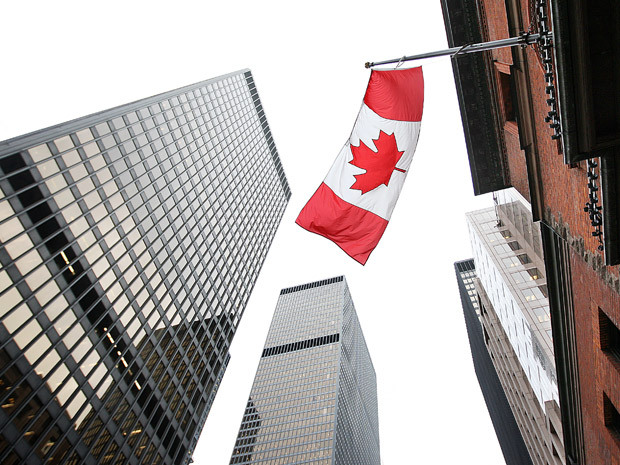Canada under fire for some of its practices after Financial Secrecy Index ranks countries

Canada has allowed entire sectors of the financial industry to develop an “offshore flavour” but is generally less opaque than many countries.
That’s the view of the newly-launched Financial Secrecy Index, which puts Canada as the 21st most secretive jurisdiction in the world, worse than the UK (23rd), Russia (29th), Bermuda (36th) and Isle of Man (42nd).
The index describes itself as a tool for understanding global financial secrecy, tax havens or secrecy jurisdictions and illicit financial flows or capital flight. It named Switzerland as number one, followed by the US and then Cayman Islands.
It reported that one area where Canada falls down badly is the lack of transparency with the beneficial ownership of corporations and trusts, and “the ease with which one can register anonymous shell corporations”.
The Index’s report highlights advice from law firm Mossack Fonseca, leaked in the Panama Papers, which said: “Canada is a good place to create tax planning structures to minimize taxes like interest, dividends, capital gains, retirement income and rental income”.
The report also accuses Canada of being “a tax haven and regulatory haven for the world’s extractive industries”, saying that the Toronto Stock Exchange is more favourable than others to speculation in this area and that tax benefits are specifically designed to encourage investment in the mining industry.
Income trusts that are tax exempt as long as they manage no substantial activity within the country have benefited owners of mining assets throughout the world, according to the report, which says they can “register trusts in Canada that own mining assets elsewhere”.
Another area of concern highlighted in the report is the way Canada has used its relationship with other jurisdictions as a model for tax information sharing treaties, otherwise known as Tax Information Exchange Agreements (TIEA). Canada’s TIEA with the Cook Islands, for example, was described as “very permissive”, while the House of Commons reportedly voted against tightening up tax benefits linked to its business treaty with Barbados.
It cited Statistics Canada as saying that Canadian corporations have $262 billion in so-called “direct investments” in the top-10 tax havens, of which more than $68 billion was held in Barbados.
The Index report went on to say: “Under public pressure, in July 2017, Canadian finance minister Bill Morneau announced measures targeting Canadians who use private corporations to ‘sprinkle’ income among family members, thereby lowering their collective tax burden.
“The minister claimed to be closing ‘loopholes’ available to Canadians, while continuing to ignore the astonishing phenomenon of wealthy corporations taking advantage of Canadian treaties with tax havens to lower their tax payments.”
Related stories:
The unintended impact of the government’s tax proposals
Has the government gone too far with new tax rules?



